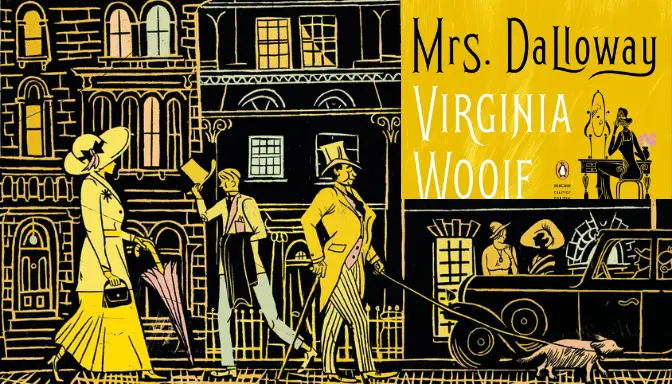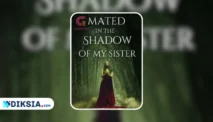For example, Clarissa is a respected and elegant hostess, but she also suffers from a sense of emptiness and isolation. Septimus is a war hero, but he is also a tormented and misunderstood soul. The novel challenges the reader to look beyond the surface and to empathize with the complexity and diversity of human experience.
Another theme is the nature and perception of time. The novel spans one day, but it also covers the past and the future of the characters, as well as the historical and cultural context of the post-war society. The novel uses the device of the clock to mark the passage of time, but it also shows how time is subjective and relative, depending on the mood and the memory of the characters.
For example, Clarissa feels that she has lived a whole lifetime in one morning, while Septimus feels that time has stopped and that he is trapped in an eternal present. The novel also suggests that time is cyclical and that the past and the future are connected by the present. For example, Clarissa’s party is a repetition of the parties she used to have in her youth, and it also foreshadows the parties she will have in her old age.
A third theme is the search for identity and meaning in a changing and chaotic world. The characters are faced with the questions of who they are, what they want, and what they value. They are also influenced by the social and historical forces that shape their lives, such as the war, the class system, the gender roles, and the modern culture. The novel shows how the characters struggle to find their own voice and place in the world, and how they cope with the challenges and opportunities that arise.
For example, Clarissa tries to balance her roles as a wife, a mother, and a hostess, while also expressing her individuality and creativity. Septimus tries to cope with the trauma and the alienation that result from the war, while also seeking a higher truth and beauty. The novel also shows how the characters find meaning and joy in the small and ordinary things, such as flowers, music, and friendship.
Style and Significance
The novel is written in a style that is characteristic of modernist literature, which emerged in the early 20th century as a response to the social and cultural changes brought by the industrialization, urbanization, and globalization. The novel rejects the traditional conventions of plot, structure, and narration, and instead adopts an experimental and innovative approach that reflects the complexity and fragmentation of modern life.






